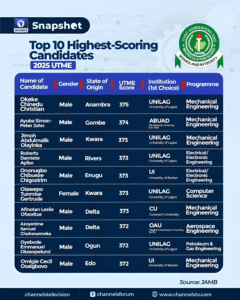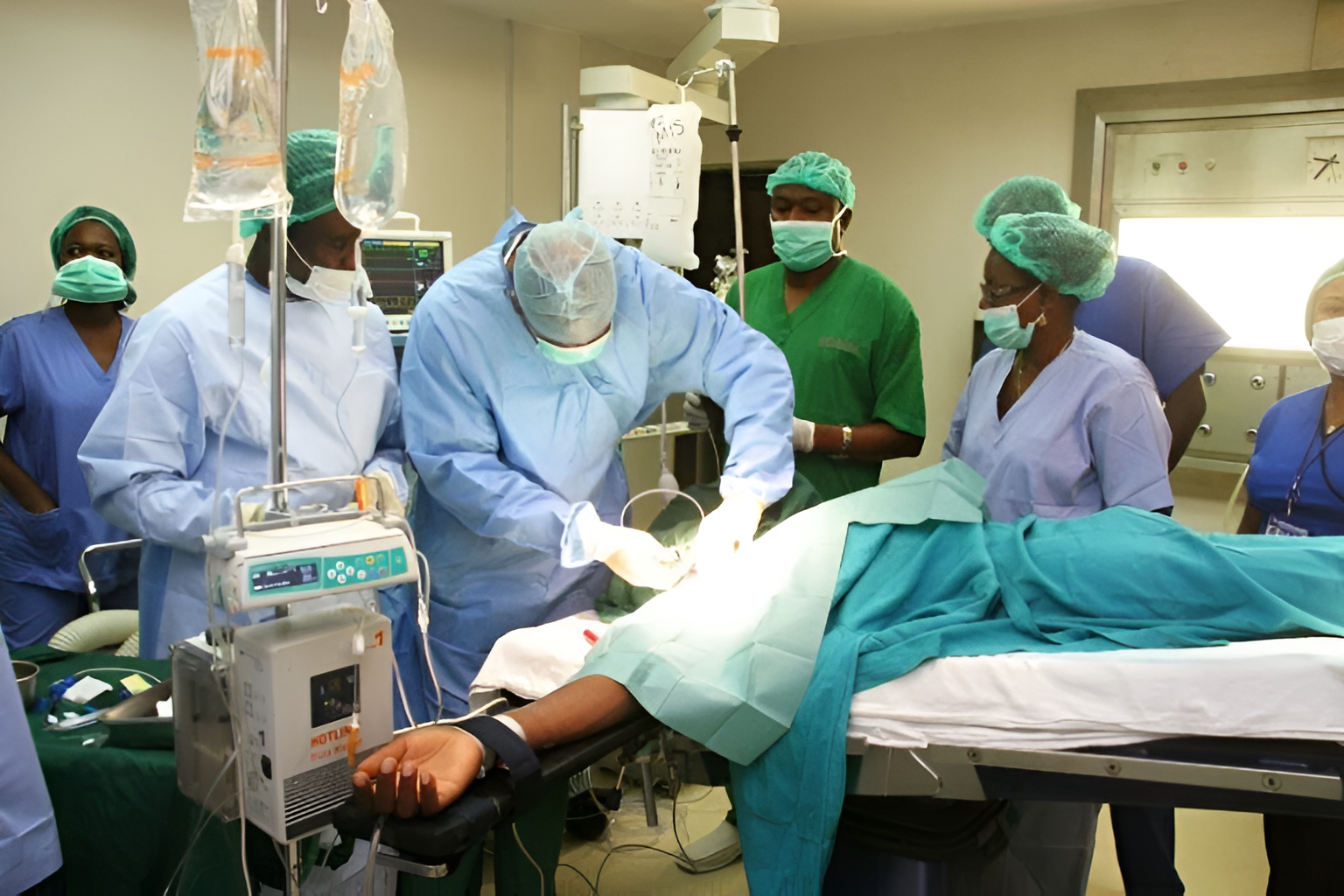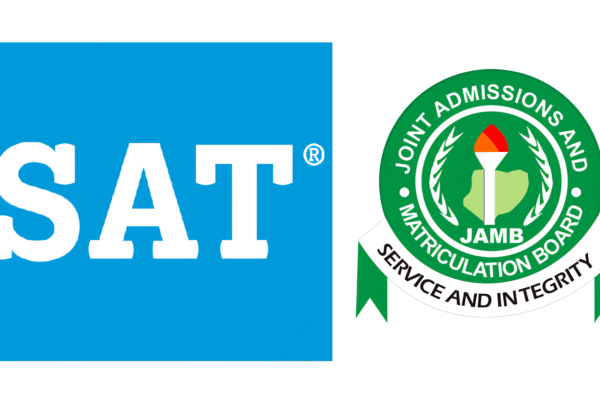Once upon a time, if you asked three bright-eyed secondary school students what they wanted to become, at least one of them would answer without hesitation: “A doctor.”
Medicine was the dream, the golden ticket to respect, security, and status. But now, in 2025, a new reality is unfolding: fewer students want to wear the white coat.
In fact, a look at this year’s JAMB top scorers tells a surprising story. Every one of them, yes, the top 10 – all chose Mathematics, Physics, and Chemistry, and all set their sights on Engineering, not Medicine. It’s the kind of shift that used to be unthinkable. But now, it’s becoming the new normal?

UTME 2025 Top Scorers’ Chart
So, What Happened to Medicine? The truth is, Medicine hasn’t become any less noble, but the world around it has changed.
Each year, Medicine receives one of the highest numbers of applications in JAMB. But the number of available slots? Painfully limited. Brilliant students are left hanging, year after year, and are often forced to settle for courses they never applied for. Even if you get into medicine, you’re in for a long, bumpy ride. Between six to seven years in school, plus internship, plus residency, and that’s if there are no strikes, delays, or bottlenecks along the way.
Let’s not forget the mental toll. The stress, the sleepless nights, the years of grueling exams and clinicals. For a generation that values work-life balance, tech freedom, and global opportunities, Medicine seems like a marathon with no finish line.
In contrast, Engineering is winning hearts. It’s fast-paced, dynamic, and full of possibilities, from robotics and renewable energy to AI and space exploration. You can graduate in four to five years, start working immediately, freelance, or build your startup.
Today’s students are problem-solvers, innovators, and creators. They want to design the future, not just treat it.
Is Medicine dying out? Not at all. It will always be essential, and some passionate students will continue to pursue it. But the once-universal hunger to become a doctor is no longer widespread.
Young Nigerians are thinking differently. They’re choosing careers based on flexibility, innovation, income potential, and global relevance. And right now, Engineering is ticking all those boxes.
They are tech-savvy, globally aware, and solution-oriented. They are increasingly drawn to careers that allow for creativity, innovation, and entrepreneurship – qualities often associated with engineering and tech fields.
This year’s JAMB results send a strong message: Nigeria’s brightest students are re-evaluating traditional career choices. The fact that all the top scorers are headed into Engineering programs highlights a generational shift in mindset. Students are now prioritizing fields that are more future-oriented, globally relevant, and economically rewarding.
While the choices of top scorers point to a growing preference for Engineering and physical sciences, only a broader analysis of this year’s nearly 2 million JAMB/UTME applicants can confirm whether this shift represents a temporary spike or a long-term transformation in career interests among Nigerian students.




